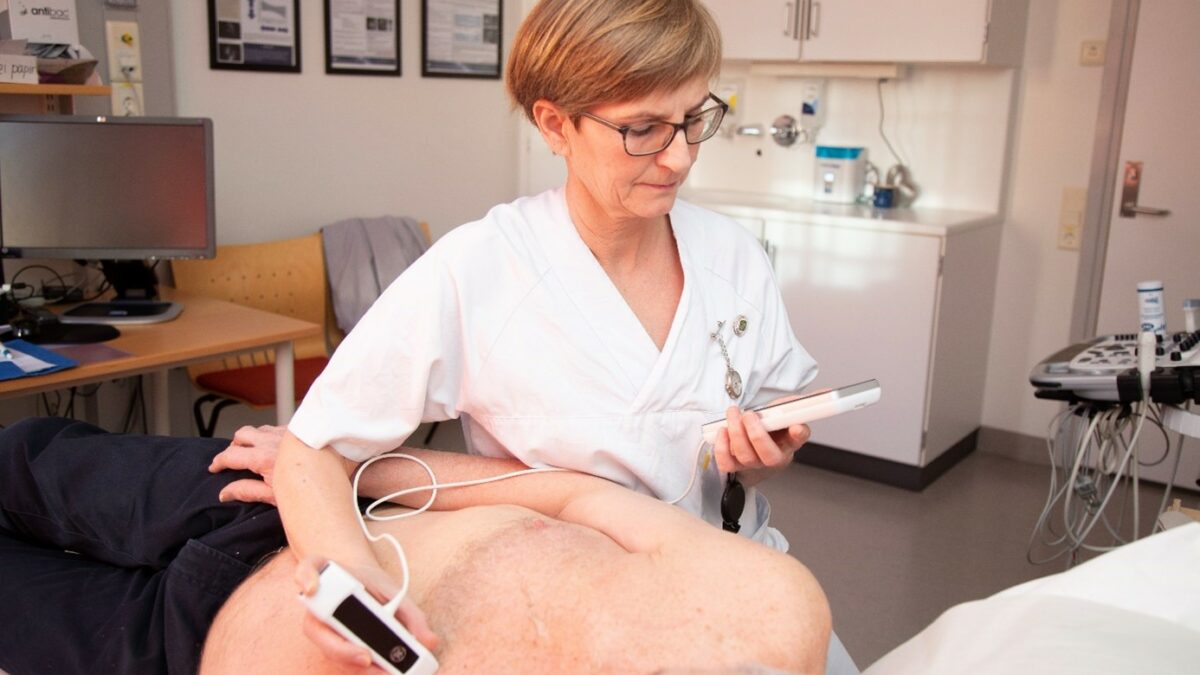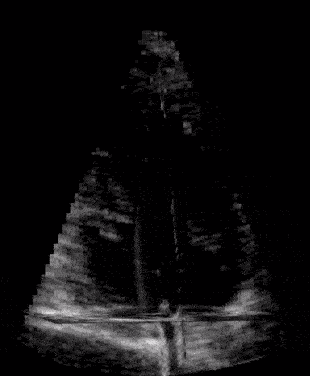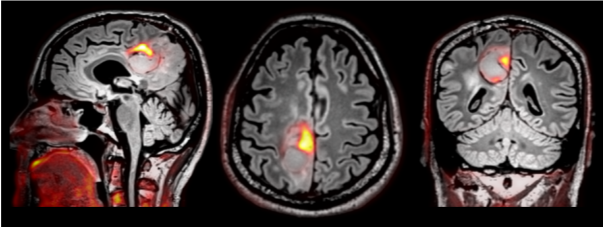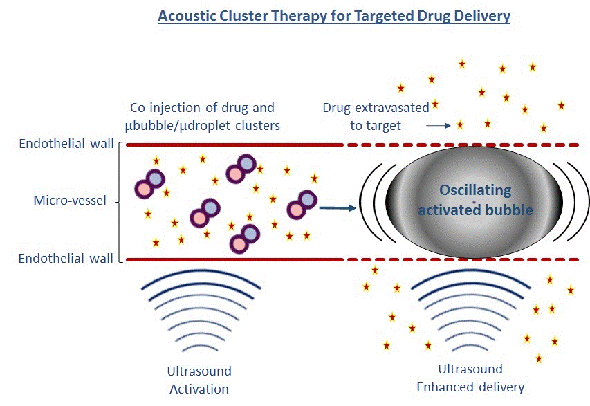Can AI on hand-held ultrasound help diagnose heart failure?
Artificial intelligence software and telemedical transfer of images have shown promising results in aiding users to evaluate heart function, but in our study the artificial intelligence software on hand-held ultrasound devices alone is not reliable enough to evaluate heart function for general practitioners.
Heart failure often leads to reduced quality of life and has poor prognosis. It challenges the healthcare system to the same degree as the combination of the four most common forms of cancer. Unrecognized heart failure in the elderly is common, while signs and symptoms are vague and easily confused with for instance lung disease. A blood sample commonly used to rule out heart failure is not accurate enough for a general practitioner to successfully diagnose and select patients for further referral to specialists.
Cardiac ultrasound is a cornerstone in diagnosing and follow-up of heart failure patients. There are particularly two markers that reflect how well the heart contracts, and these are commonly measured by ultrasound. Expertise is scarce and the need to streamline the ultrasound diagnostic efforts is urgent as the elderly population is increasing beyond the capacity of the healthcare systems. With hand-held ultrasound devices, we hope that non-experts can diagnose heart patients in a more precise and constructive way.
Artificial intelligence to evaluate ejection fraction (autoEF) and automatic mitral annular plane systolic excursion (autoMAPSE), which measures how well the heart contracts, are commercially available on hand-held ultrasound devices and show promising results.
Telemedical support software where anonymised images are transferred via cloud-based solutions are used by radiologists every day but is yet to be incorporated into evaluation of cardiac function. This allows for non-experts to benefit from the feedback from cardiologists at other geographical locations.
From 2018 to 2020, a clinical study was conducted at Levanger Hospital, Nord-Trøndelag Hospital Trust, in collaboration with Centre of Innovative Ultrasound Solutions (CIUS) at the Norwegian University of Science and Technology (NTNU). In total, 166 patients with suspected heart failure were included. General practitioners and cardiac nurses performed focused cardiac ultrasound more easily. In addition, all recordings were transferred via a cloud-based solution to external cardiologists that provided near real-time feedback the general practitioner.
The results show that autoEF and autoMAPSE are not reliable enough to be directly implement into clinical practice, but the telemedical solution showed good results.
We believe that artificial intelligence software and telemedicine can be useful in the future follow up of heart failure patients by inexperienced users outside hospitals to improve care and save healthcare costs. But our results cannot justify clinical implementation without further revisions and clinical evaluation of the software. Other forms of technology utilizing artificial intelligence is on the horizon and may in the future improve the inexperienced users’ ability to diagnose and treat patients.





